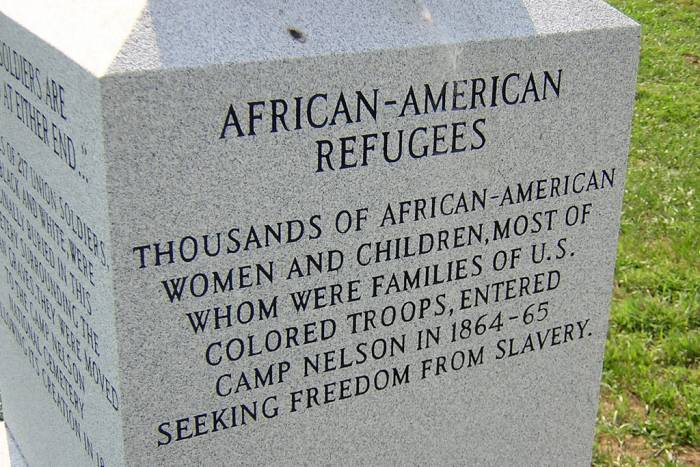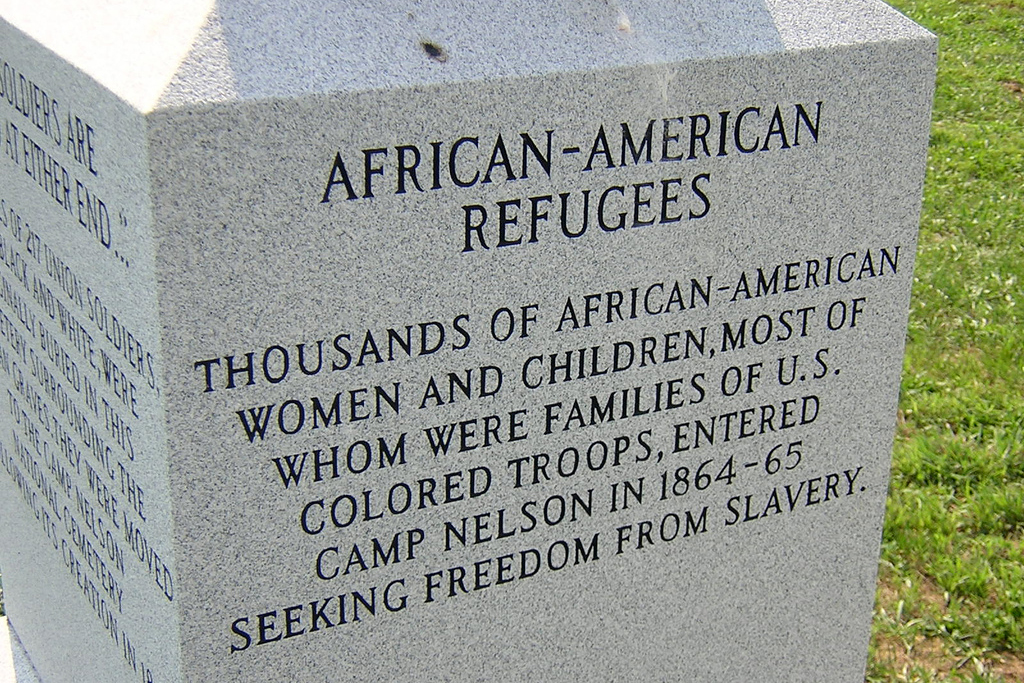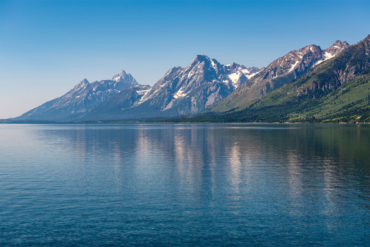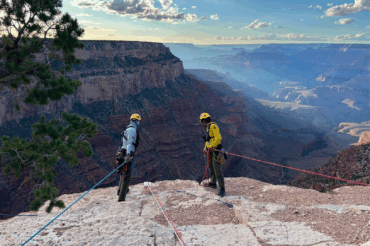Spanning some 4,000 acres in east-central Kentucky, Camp Nelson is on the cusp of becoming America’s newest national monument. This follows a recommendation from Interior Secretary Ryan Zinke.

Following a months-long review of more than 20 national monuments last year, Secretary Zinke famously recommended four “monument modifications.” In short order, that led to the highly controversial shrinking of Bears Ears and Grand Staircase-Escalante by millions of acres.
Camp Nelson Heritage National Monument Act
But Zinke also recommended creating three new monuments. The first of those, H.R. 5655, will go before the full House of Representatives after passage by the Natural Resources Committee this month.
Part of H.R. 5655 (“Camp Nelson Heritage National Monument Act”), Camp Nelson in Nicholasville, Ky., sits 20 miles south of Lexington. In 1863, it served as a Union Army supply depot, training center, and hospital. Secretary Zinke specifically highlighted it as the “third-largest recruitment and training center for African-American regiments during the Civil War.”
Since then, it’s become home to a national cemetery and Civil War museum. Representative Andy Barr (R-Ky.) introduced the bill. If Congress approves the designation, Camp Nelson will become the first national monument created under the Trump administration.
New National Monument: Camp Nelson
During the Civil War, Camp Nelson saw the emancipation of roughly 10,000 African Americans from slavery in exchange for their service in the Union Army.
In his December recommendation, Zinke proposed approximately 4,000 acres be considered for the national monument. Currently, Camp Nelson Civil War Heritage Park sits on 525 acres, and Camp Nelson National Cemetery takes up about 30.
U.S. Rep. Aumua Amata of American Samoa voted for the bill in the House Natural Resources Committee this week.
“I have great appreciation for the enduring mission of the National Park Service and our nation’s magnificent system of national parks and monuments,” Congresswoman Amata said.
“Every state and territory has sites of national value, many because of historic events at those spots … I’m pleased to vote for new federal protections to preserve this historic Civil War site in Kentucky and keep another important place in the national memory.”







